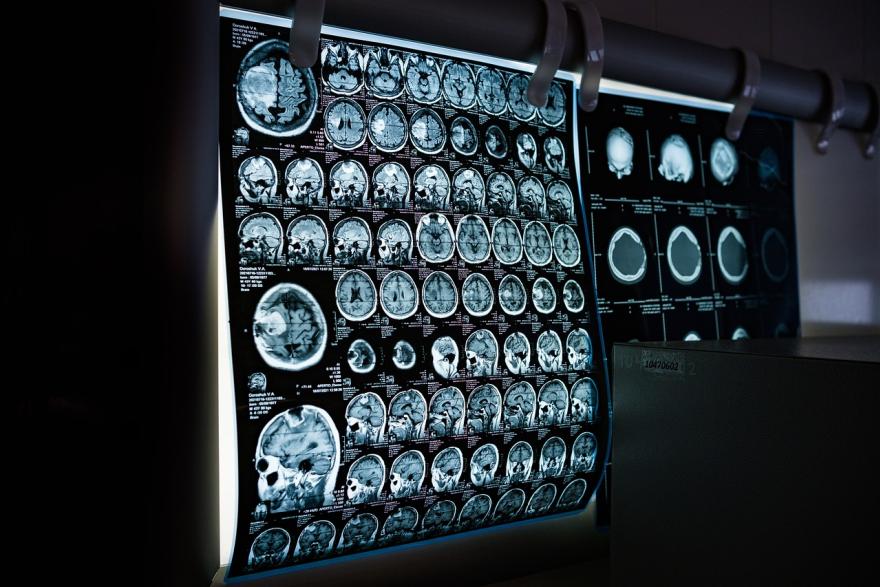POCKETHEALTH has raised US$33 million from new investors including Deloitte Ventures and Samsung Next, joining a growing crop of startups gathering capital to explore the use of artificial intelligence (AI) in healthcare.
Round13 Capital led the Series B funding round, in which early investors Radical Ventures and Questa Capital took part. The startup said it would use the capital to advance its image-sharing platform, which employs AI to personalise patient care.
The Toronto-headquartered startup helps its 775 healthcare-provider clients exchange images covering some 1.5 million patients, aiming to cut down on delays and costs. PocketHealth, which said it was already the largest such medical-image exchange in North America, wants to advance its technology and grow its network in the US and Canada. It plans to double its workforce in two years.
Many Americans and Canadians still carry around CDs of their medical images, make repeat visits to the hospital, or endure suboptimal website experiences. PocketHealth was co-founded by brothers Harsh Nayyar, 36, a former Google engineer, and Rishi Nayyar, 33, a former Citigroup analyst. Harsh Nayyar’s experience after a tennis injury while working at a Silicon Valley startup inspired the brothers to establish PocketHealth.
“We use AI to help patients understand what the radiologist’s report is saying, and what they should do next,” said Rishi Nayyar, who is the chief executive. The startup has stringent privacy and security standards, requiring the patient to sign off each time images have to be shared.
The startup began integrating AI a few years ago and, more recently, has begun deploying generative AI tools to provide patients with personalised insights on reports – such as explaining medical terms in simple language. Its AI tracks the patient’s return to the hospital or clinic, and equips them with questions to ask their doctor.
PocketHealth is now bringing computer vision tools to detect findings inside a patient’s images, such as bone mineral density, to alert them to the onset of osteoporosis.
Its customers include some of the largest health systems in North America, including University Health Network, Southern Illinois Healthcare and Toronto’s Unity Health. BLOOMBERG






